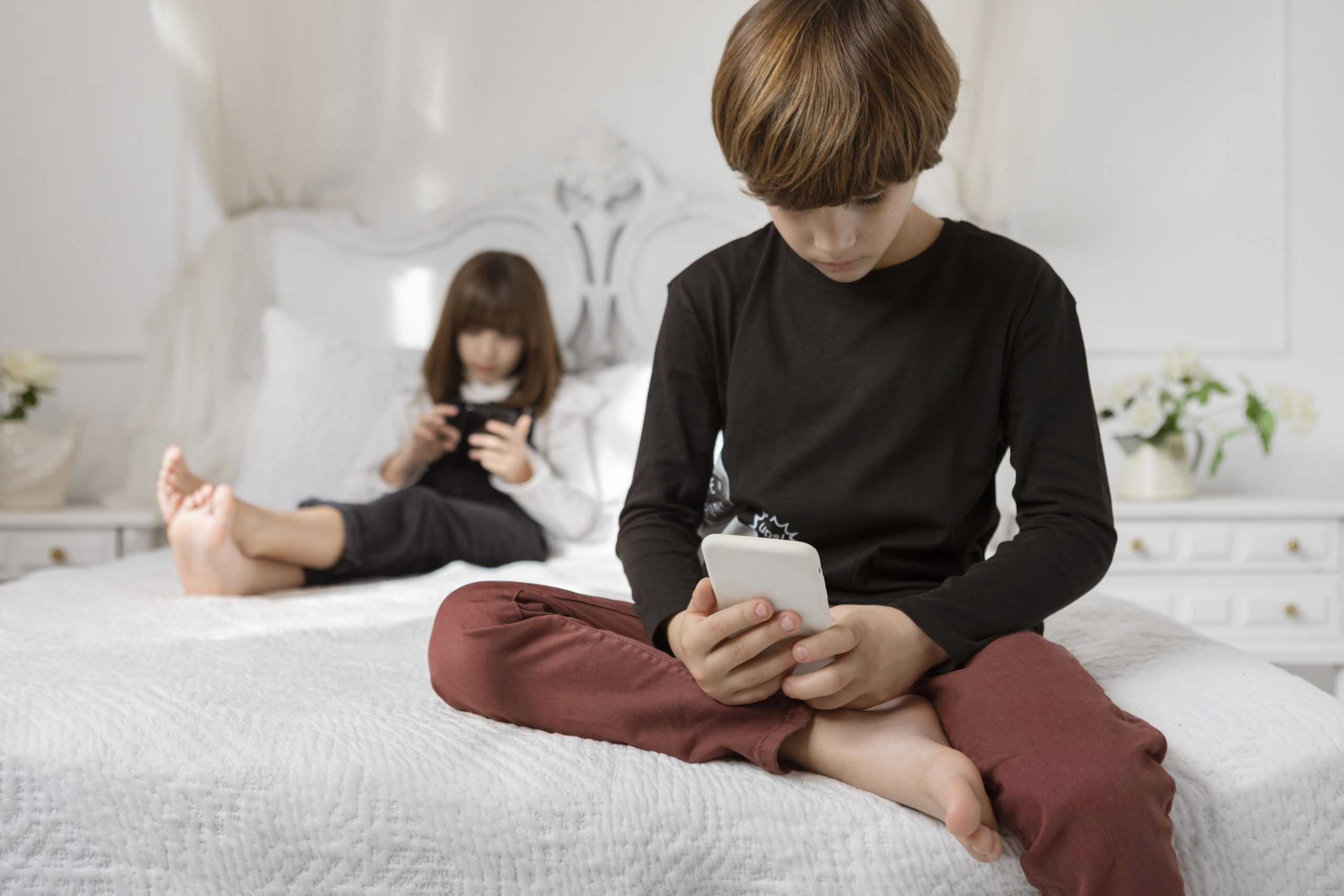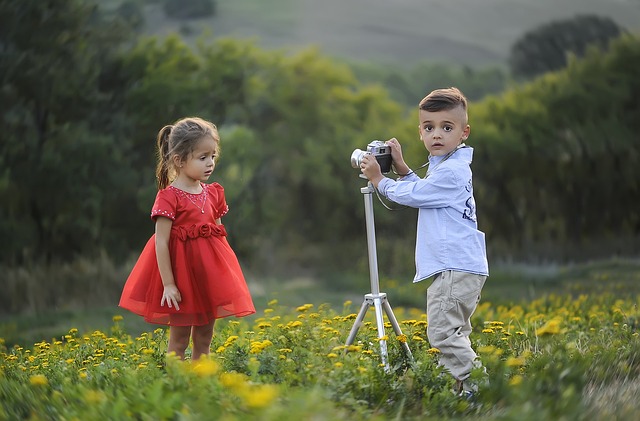TikTok's Impact on Self-Esteem and Body Image in Children and How to Mitigate It
The Influence of TikTok on Children's Self-Esteem and Body Image
Promoting empathy and kindness in children's online interactions is crucial in today's digital age. It is important to teach children the value of empathy and how to treat others with kindness, both online and offline. Parents and educators can play a significant role in fostering these qualities by setting a good example, monitoring their children's online activities, and engaging in open conversations about empathy and kindness. Additionally, schools can incorporate empathy-building activities and lessons into their curriculum. By promoting empathy and kindness, we can create a safer and more compassionate online environment for children.
TikTok - Parental Control


